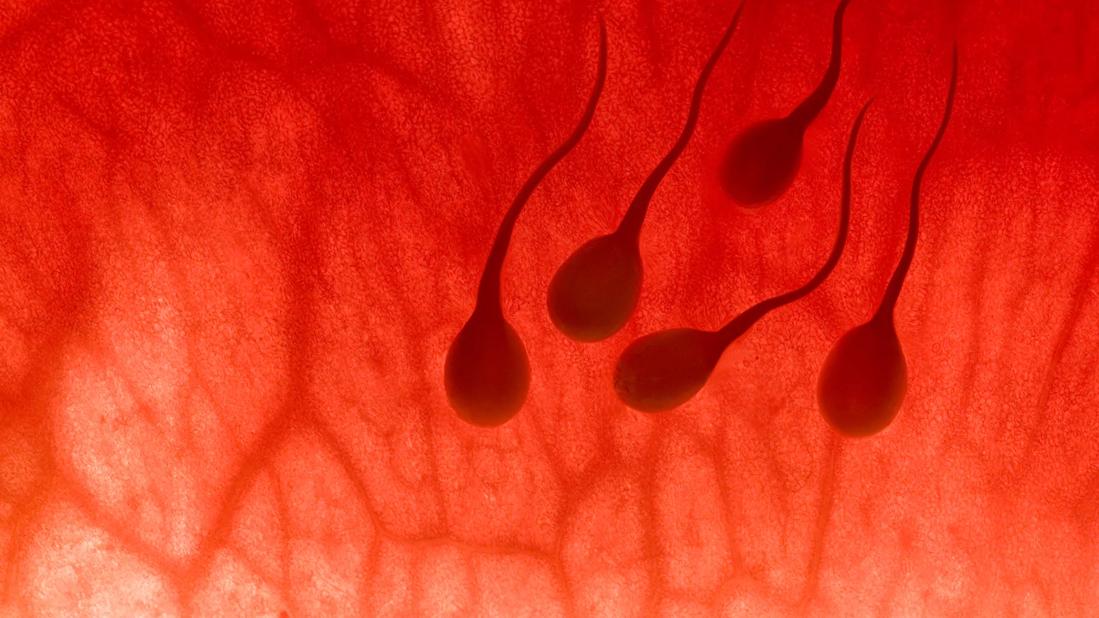Study finds that childless men who received a vasectomy are unlikely to change their minds in the future

Though vasectomy is a safe and effective mode of contraception — utilized by 42 to 60 million men worldwide — some clinicians have raised concerns about performing the procedure in childless men.
Advertisement
Cleveland Clinic is a non-profit academic medical center. Advertising on our site helps support our mission. We do not endorse non-Cleveland Clinic products or services. Policy
“Perhaps unknowingly, clinicians may be more likely to negatively stereotype these patients about their decision to undergo a vasectomy,” says urologist, Sarah Vij, MD.. “These patients, as compared to patients with children who seek the procedure, may receive more invasive questioning about their level of preparedness to make this decision.”
To better understand potential regret in this patient population, Dr. Vij and her team designed a study to examine whether men who were childless at the time of vasectomy later sought counsel on fertility restoration. The findings were reported in Urology.
The researchers examined data for 1,656 men who underwent vasectomy at Cleveland Clinic from 2004 to 2017. Of this data set, 68 men were childless at the time of vasectomy. The mean age of these patients was 38.7 (range 22-57 years) with 47 (69.1%) married, 2 (2.9%) engaged, 5 (7.4%) divorced, 1 (1.5%) widowed and 13 (19.1%) single. The majority of these patients (N= 65; 95.6%) reported unequivocally no desire to have children. The remaining three patients sought vasectomy for reasons relating to concerns about their own or their spouse’s medical history.
Of this childless vasectomy cohort, 40 patients were actively seeking care within the Cleveland Clinic health system, enabling a retrospective chart review to determine if they sought fertility restoration counseling. Planned outreach was devised for the remaining 28 patients who were no longer seeking care within the health system. They were first contacted via a mailed letter, followed by up to two phone calls. Of this cohort, 13 patients were reached.
Advertisement
With an average follow-up of 76.1 months (range 17-122 months), zero out of 53 patients with chart-assessable or self-reported data sought consultation on fertility restoration.
“Powering a study to quantify regret is understandably complex,” asserts Dr. Vij. “Consultation about fertility restoration was our benchmark for regret — and our findings show that childless men who seek vasectomy don’t tend to regret it.”
She continues, “This is an incredibly personal decision for every patient, but we concluded that their overwhelming inaction to seek reversal supports their decision to have a vasectomy.”
The findings of this study aligned with Dr. Vij’s anecdotal experience treating childless men seeking vasectomy. She points to what may be an internalized cultural assumption that men who seek vasectomy will later regret it, noting that men with children who seek vasectomy are not likely to receive the same level of questioning.
“It’s absolutely our place to answer questions about the procedure, its safety and effectiveness and the success rate of vasectomy reversal,” says Dr. Vij. “But it’s not our place to ask social questions and steer them away from the procedure. This group of patients should be counseled with the same AUA-recommended guidelines that a man with children would receive.”
One limitation of the study is that it makes the assumption that men actively receiving care at Cleveland Clinic would also reach out to providers at the institution for consult on vasectomy reversal. While there are no other regional providers of this service, it’s possible that some sought care in a different region or state, and that data would not have been captured in this study. There was also a small number of patients (N = 2) who chose to bank sperm prior to vasectomy, although neither tried to access the sperm in this analysis.
Advertisement
Dr. Vij notes, “There’s a lot of nuance in this investigation, but as one of the first groups to examine regret in this patient population, we hoped it would open the door for more dialogue on the topic and perhaps inspire even larger scale studies at other institutions.”
Advertisement
Advertisement

Pediatric urologists lead quality improvement initiative, author systemwide guideline

Fixed-dose single-pill combinations and future therapies

Reproductive urologists publish a contemporary review to guide practice

Two recent cases show favorable pain and cosmesis outcomes

Meta-analysis assesses outcomes in adolescent age vs. mid-adulthood

Proteinuria reduction remains the most important treatment target.

IgA nephropathy is a relatively common autoimmune glomerular disease that can be diagnosed only by biopsy

Oncologic and functional outcomes are promising, but selection is key